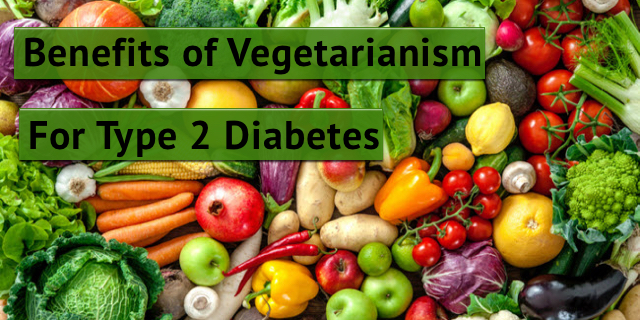Critical benefits may be had from eating a vegetarian diet for people living with type 2 diabetes, a recent meta-analysis of randomized control trials* indicates.
Published in Clinical Nutrition, the meta-analysis of nine studies involved over 600 participants taking insulin, oral glucose lowering drugs, lipid-lowering medications or medications to reduce high blood pressure. The vegetarian diets in these studies were both vegan (meatless and without eggs or dairy products) and vegetarian (meatless but allowing eggs and dairy products).
Benefits of a Vegetarian Diet
Vegetarian diets significantly lowered HbA1c in participants by the same amount as what the FDA requires for medications for diabetes.
Vegetarian diets significantly reduced fasting glucose levels.
The link between diabetes and cardiovascular disease is well established. A meatless diet has benefits in lessening risk factors for heart disease and stroke.
This diet reduced the bad cholesterol LDLs.
Compared to non-vegetarian diets, vegetarian diets reduced BMI and waist circumference.
The number of vegetarians in the US, according to a 2016 Harris Poll is a little over 3%. It has been estimated that around 21% of the world population practices vegetarianism.
Since going cold-turkey (pun intended) with vegetarianism can be difficult, a step-by-step process is recommended. Some nutritionists suggest incorporating one day per week, like a Meatless Monday, as a first step. Another idea is to cut down on meat portions from 8 ounces to 6 ounces and adding more vegetables to the plate.
Even if you don’t think you can go completely meatless, according to this research, moving toward a more plant-based diet, featuring vegetables, whole grains, legumes and fruits makes sense.
Moving meatless also means making sure you understand carb counting. For some basics on carb counting, read Carbohydrates: Why We Love Carb Counting (And You Should Too!) and Be Confident! Face Carb Counting Positively.
- See also Do You Understand Clinical Trials?






